4 Ways to Get the New School Year Off to a Good Start
 Even though it can be challenging for some kids to start a new school year, there are a few simple steps that parents can take to make the process easier and less stressful. As a former school principal and district superintendent, I’ve witnessed firsthand how some students struggle to settle into routines when a new school year begins. Read more ›
Even though it can be challenging for some kids to start a new school year, there are a few simple steps that parents can take to make the process easier and less stressful. As a former school principal and district superintendent, I’ve witnessed firsthand how some students struggle to settle into routines when a new school year begins. Read more ›
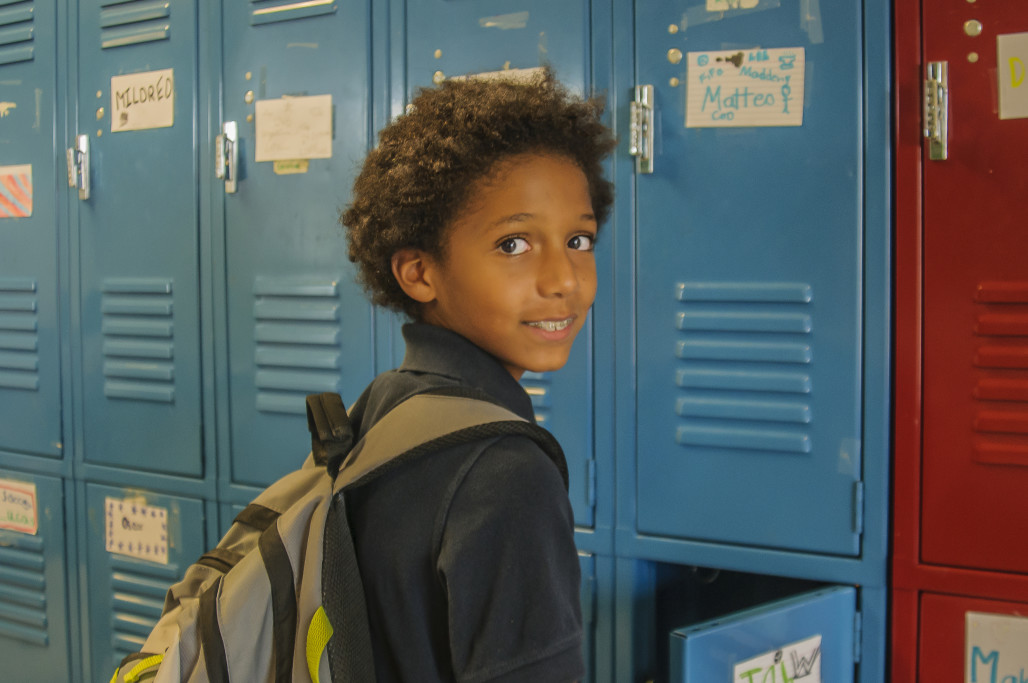

 If you are the parent of a graduating senior who plans to attend college, you might feel you have done all you can to prepare them. Or, you might wonder whether your teen is ready for the challenges of college and independent living. The end of senior year can be filled with joy, but also with worry.
If you are the parent of a graduating senior who plans to attend college, you might feel you have done all you can to prepare them. Or, you might wonder whether your teen is ready for the challenges of college and independent living. The end of senior year can be filled with joy, but also with worry.
 By the time they get through high school, most students are pretty used to transitioning from summer to school time. But starting college brings a whole new set of challenges. First-year college students have to handle additional responsibilities like how much time they’ll spend in class, how to manage the time they devote to their coursework and how to take advantage of campus resources like the library.
By the time they get through high school, most students are pretty used to transitioning from summer to school time. But starting college brings a whole new set of challenges. First-year college students have to handle additional responsibilities like how much time they’ll spend in class, how to manage the time they devote to their coursework and how to take advantage of campus resources like the library. 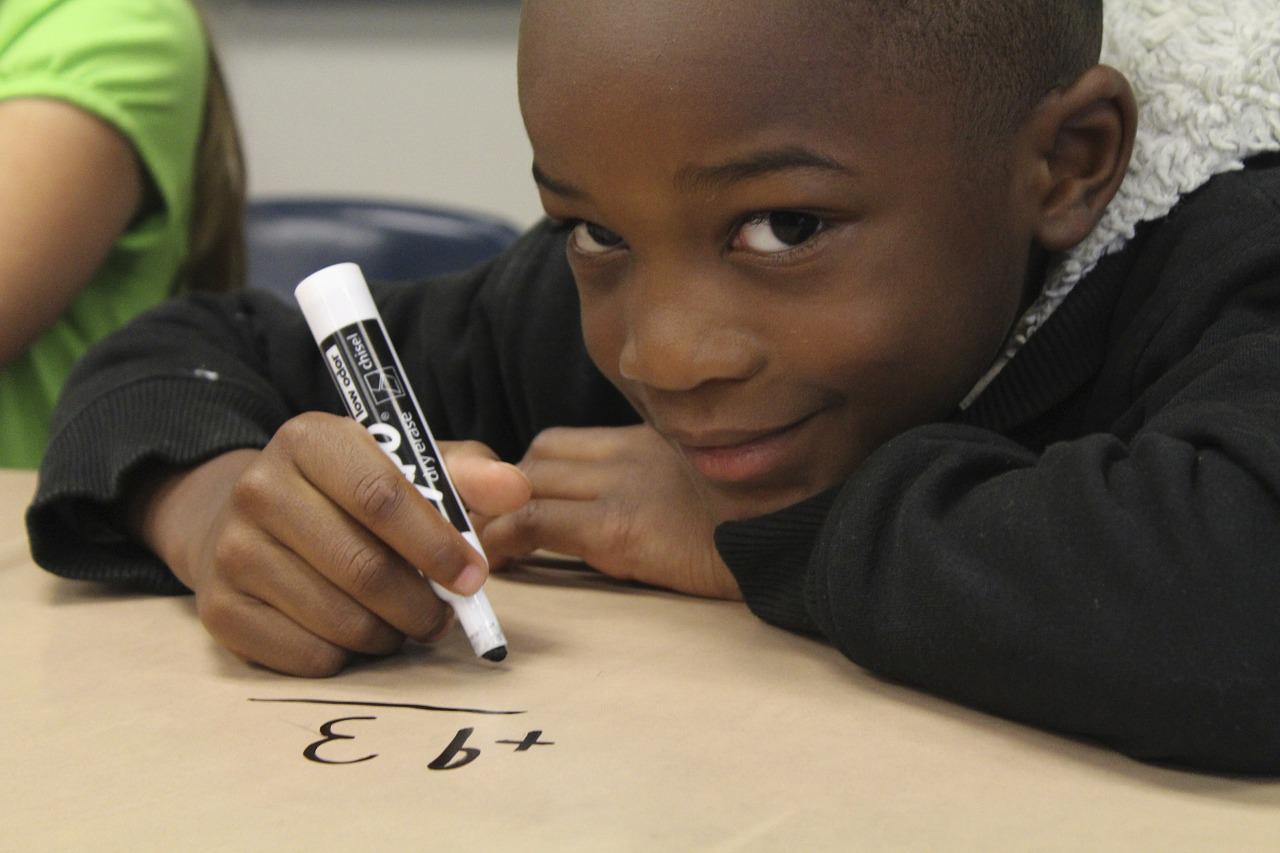
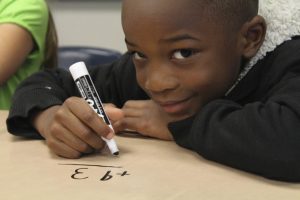 Dyscalculia (dis-kal-KYOO-lee-uh) is not as well known as dyslexia, but both are learning disabilities.
Dyscalculia (dis-kal-KYOO-lee-uh) is not as well known as dyslexia, but both are learning disabilities. 
 In other words, what can they do to protect their mental health? Experts suggest that parents and teenagers take proactive steps now to help plan for and preserve mental well-being during the big transition to college.
In other words, what can they do to protect their mental health? Experts suggest that parents and teenagers take proactive steps now to help plan for and preserve mental well-being during the big transition to college. 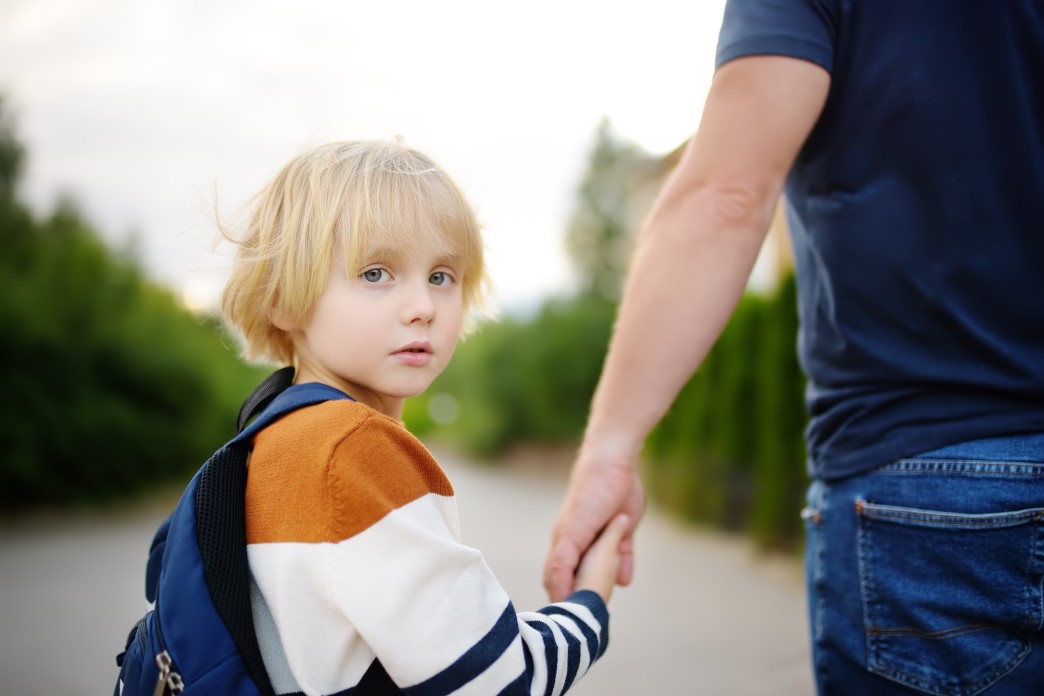
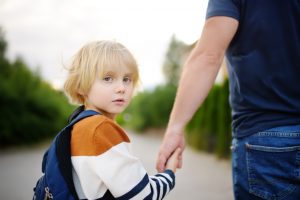 A good kindergarten experience sets kids up for success in school and into adulthood. Students in
A good kindergarten experience sets kids up for success in school and into adulthood. Students in 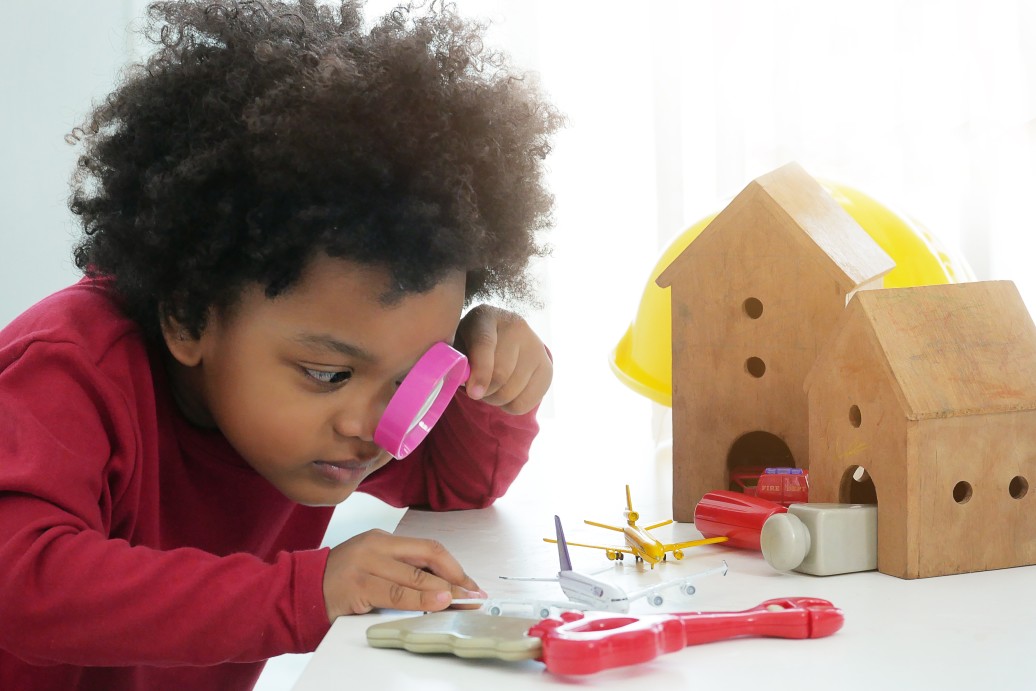
 As pressure to raise scores on standardized tests has trickled down to the lower grades, kindergarten and even pre-kindergarten classrooms have focused more on academic skills. But debating whether a kindergarten or preschool classroom should be play-based or academic is the wrong question, experts say.
As pressure to raise scores on standardized tests has trickled down to the lower grades, kindergarten and even pre-kindergarten classrooms have focused more on academic skills. But debating whether a kindergarten or preschool classroom should be play-based or academic is the wrong question, experts say. 
 Nonverbal learning disorder (NVLD), also known as nonverbal learning disability, is a neurological condition which typically emerges during childhood but can persist through adulthood. It is marked by one or more of a set of cognitive, and sometimes social, difficulties experienced by children of otherwise average or superior intelligence, such as visual-spatial struggles and motor-skill deficits. Some people diagnosed with NVLD also have trouble comprehending nonverbal information such as body language and facial expressions.
Nonverbal learning disorder (NVLD), also known as nonverbal learning disability, is a neurological condition which typically emerges during childhood but can persist through adulthood. It is marked by one or more of a set of cognitive, and sometimes social, difficulties experienced by children of otherwise average or superior intelligence, such as visual-spatial struggles and motor-skill deficits. Some people diagnosed with NVLD also have trouble comprehending nonverbal information such as body language and facial expressions. 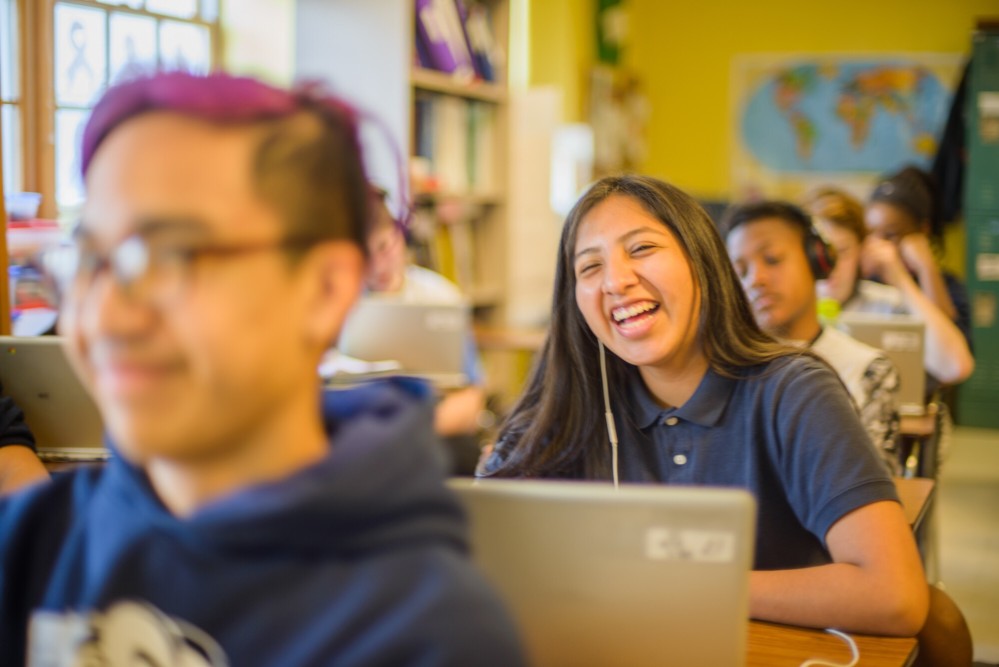
 One of the most important aspects of learning that might be least understood is human memory. We are tasked with passing on skills and knowledge to students—it’s the most important aspect of our job. Yet how many educators have earned degrees and teaching certificates without any mention of how memory works?
One of the most important aspects of learning that might be least understood is human memory. We are tasked with passing on skills and knowledge to students—it’s the most important aspect of our job. Yet how many educators have earned degrees and teaching certificates without any mention of how memory works? 

